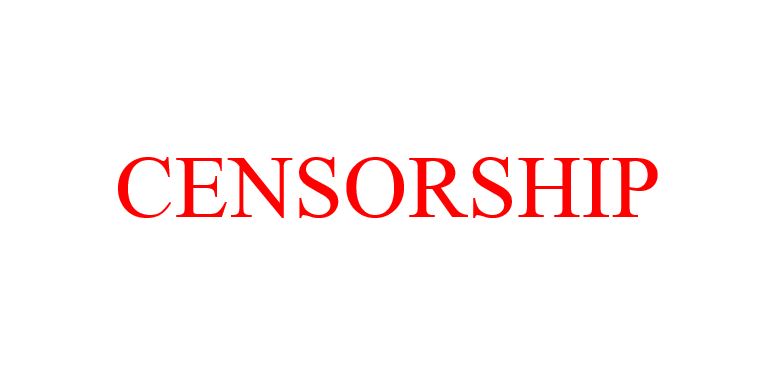The central government has proposed the draft Cinematograph Amendment Bill 2021 through which they get the power to recertify a film passed by the Central Board of Film Certification (CBFC) or Censor Board, as it’s popularly known.
If we take away the technical jargons, if the new bill comes into action, it would mean that even if a film is cleared by the CBFC for release, the Central Government will have the power to recertify it. In other words, it will also have the power to take away the certificate, which would mean that a particular film would be stopped from releasing.
In more simple terms, as filmmaker Pratik Kothari said in an interview with the publication Cinestaan.com, we know how students have a right to re-evaluate their paper if they are not happy with the marks. But the new bill would mean that the examiner himself would re-evaluate a student’s paper just because he thinks the student deserves these many marks.
The reason why such an amendment would be more dangerous is because it has come in the wake of different ‘religious’ or social groups demanding bans on certain films they feel hurt their sentiments.

So, in case a film is certified by the CBFC for release but some group believes it should be banned or refused certification, the central government would get the power to re-examine the film to determine if it should release. Hence, it would make the CBFC or Censor Board appear irrelevant because the government would have power to revoke their decision.
Proposing such an act brings to our mind the menace created by the Rajput Karni Sena during the release of Sanjay Leela Bhansali’s Padmaavat (2018). The group had demanded the forming of a ‘pre-censor board,’ that would examine a film before it reaches the censor board [or CBFC]. As per their demand, if the ‘pre-censor board’ believes the film has no right to release, it won’t even be sent for certification to the censor board.
This new proposed bill is similar to this, except that the ‘pre-censor board’ is asked to look at a film before it goes to the Censor Board.
The new amendment bill has actually come as a double blow that has hardly been noticed by the general population. Earlier this year, the government dissolved the FCAT [Film Certification Appellate Tribunal].
To put it simply, FCAT was the committee to which a filmmaker went if he is not happy with the decision of the CBFC or the Censor Board. But now, the very option of FCAT for aggrieved filmmaker has been chopped off.
Of course, there is an option for filmmakers to approach the High Court if they are unhappy with the CBFC’s certification. But how can one expect independent filmmakers to file a case and pay for the lawyer when they have somehow managed to generate funds to make the film in the first place?
By dissolving the FCAT, the government took away the right of a filmmaker to get his film re-examined if he is unhappy with the verdict of the Censor Board. And now they are proposing an act through which the government itself has the right to withdraw certification of a film already certified for release.
What can we do?
The government has called for comments and opinions on the matter. One can share his or her views by writing an e-mail on – dhanpreet.kaur@ips.gov.in
Read the whole act HERE.
Leave a Reply